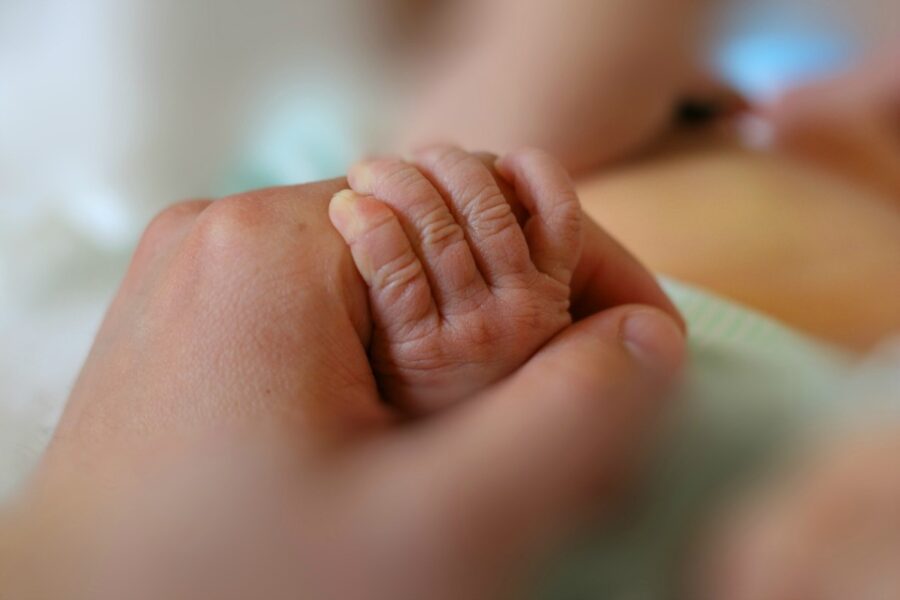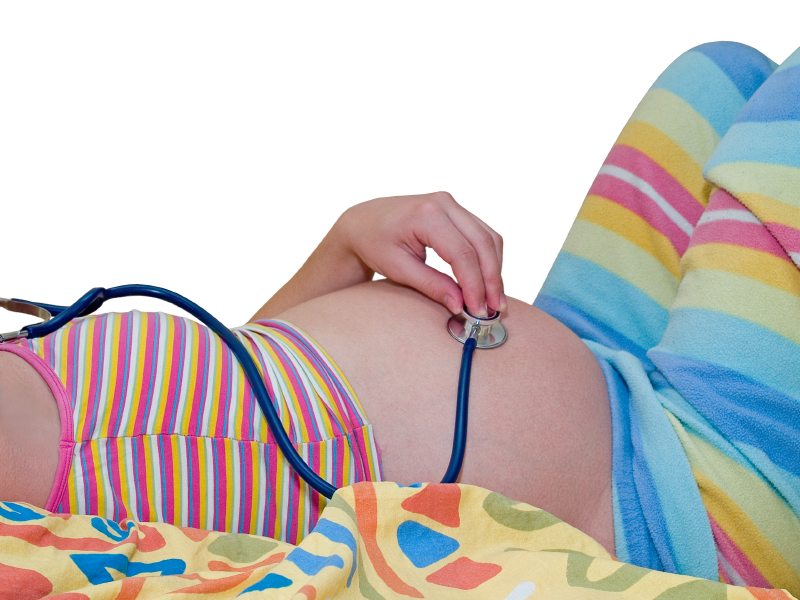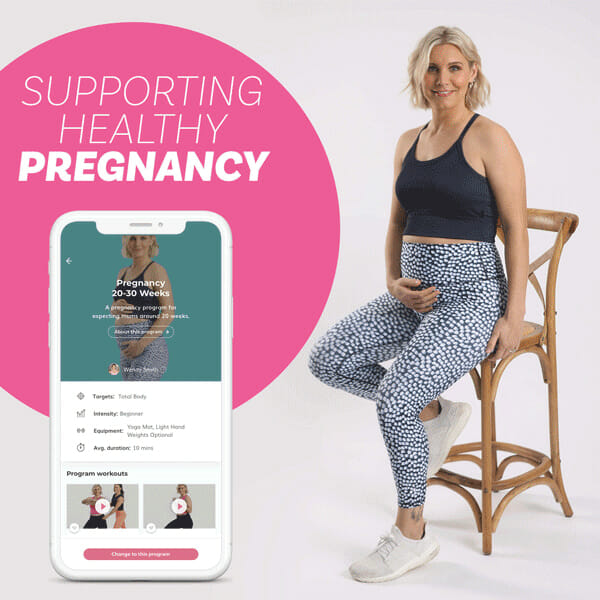Publicly funded home births will soon be available to Queensland women, which will now mean the service is available across most of Australia.
Health Minister Shannon Fentiman says $1.2 million has been initially allocated to the service, which will start at Sunshine Coast University Hospital from mid-2024.
“This will provide a choice for women and families in Queensland to be able to have their baby at home,” she said on Thursday.
“It is really important, because this is the first time that we are making this service available in the public system, that we do take the time to get it right.”
There will be restrictions to determine whether a publicly funded home birth is suitable for the pregnant woman.
They include health needs, the suitability of the home environment and the distance from a hospital.
The pregnancy must also involve only one baby that has reached full term.

Queensland and Tasmania are the only states currently not offering publicly funded home births which are only available through private practices.
Earlier this year a Victorian government spokesman confirmed it was expanding its public homebirth program to include three additional hospitals, including the Royal Women’s Hospital in Melbourne.
The program already runs at Joan Kirner Women’s and Children’s Hospital in Sunshine.
“It’s so important that women have choice in the care they access,” the government spokesman.
Currently, as many as 80 women give birth through the public program in Victoria each year.
“The home birth program is a positive step forward for women and their babies,” a RANZCOG spokesperson said. (The Royal Australian and New Zealand College of Obstetricians and Gynaecologists)
“Where it is appropriate and safe, having the choice of a planned home birth program provides women with shared decision making, which is an important factor in pregnancy care.”
Benefits of home birth

A 2019 study found that Home-birthed babies come into contact with better gut microbiomes quicker than infants born in a ‘hyper clean’ hospital environment.
This beneficial bacteria is said to help with boosting a child’s immune system.
The cleanliness of the hospital may reduce the amount of bacteria a newborn comes into contact with.
The study found that of over 1,000 babies born in different environments, those who were born full term, vaginally at home and were breastfed came into contact with the most amount of microbiomes – from mum’s skin and vagina as well as their environment after birth.
Read more: Babies born at home are exposed to immune-boosting bacteria


